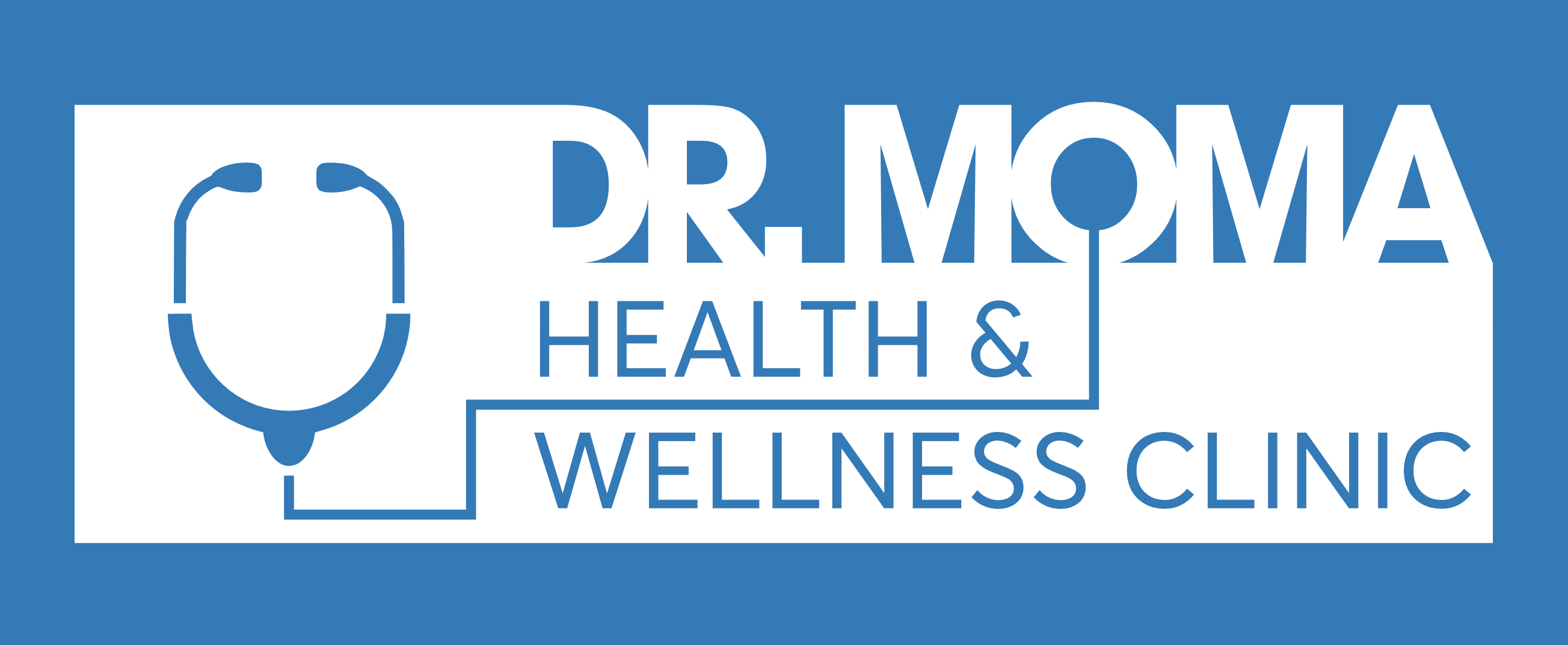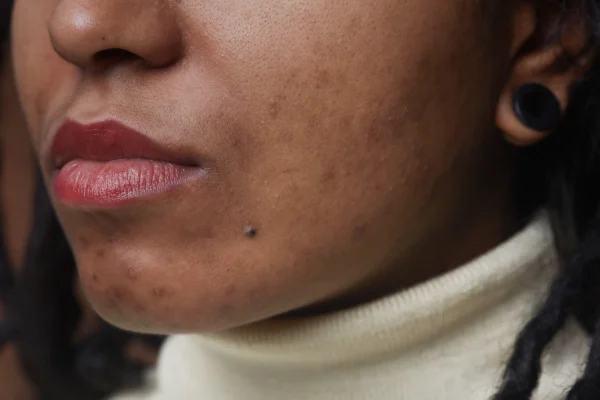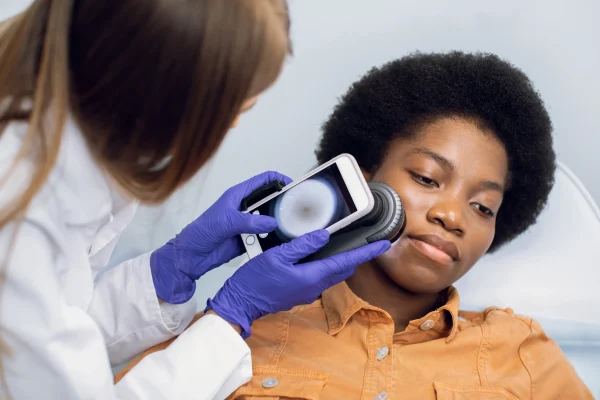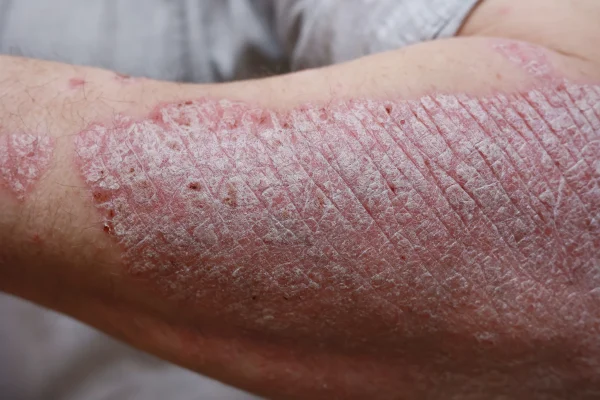Eczema Relief: Discover Effective Treatment Solutions in Colorado Springs, CO

what is eczema ?
Eczema is a non-contagious skin condition characterized by severe dryness, itching, and sometimes bleeding. Treatment options vary based on its severity and affected area. While mild cases can often be managed with topical treatments and a gentle skincare routine, severe cases may necessitate oral medications. Eczema is commonly found in infants and young children, and it may resolve naturally by adulthood or occasionally reoccur, typically on the hands.
Why is Eczema Treatment Important?
- Halt the worsening of the condition.
- Guard against infections.
- Alleviate discomfort, itchiness, and soothe the skin.
- Prevent skin thickening.
- Reduce emotional stress.
How Can Eczema be Treated?
- Reduce inflammation
- Address and clear infections
- Loosen or remove scaly lesions
- Prevent the formation of new lesions
- Control itching
In line with the recommendations of the National Eczema Association, we advise following a specialized skincare regimen to alleviate symptoms:
Opt for lukewarm baths and short showers, as extended or hot showers can dehydrate the skin.
Consider using a humidifier for added skin hydration.
Gently pat your skin dry with a soft towel, avoiding any vigorous rubbing.
Apply moisturizer within three minutes after bathing to seal in moisture.
Moisturize at least once daily.
Choose clothing made of cotton or soft fabrics.
Use a non-drying, mild cleanser or soap.
Implementing certain lifestyle adjustments can effectively reduce the frequency and severity of eczema outbreaks. Stress management, in particular, plays a pivotal role in achieving this goal. Regular exercise offers a dual benefit by not only helping to alleviate stress but also improving overall health and fitness

Which Medications Are Beneficial for Eczema?
In cases where skincare routines and lifestyle modifications do not provide adequate relief, your healthcare provider may recommend the use of topical or oral medications.
Hydrocortisone
For mild eczema, over-the-counter hydrocortisone cream may suffice, while more severe cases might necessitate a prescription variant.
Oral Antihistamines
Over-the-counter antihistamines such as diphenhydramine (Benadryl), commonly used for allergies, can alleviate symptoms. Some may induce drowsiness, so unless you are addressing nighttime itching, consider a non-drowsy alternative.
Corticosteroids
In resistant cases, corticosteroids may be advised. These cortisone-like medications manage inflammation, reducing redness, itching, swelling, and allergic reactions. Like all steroids, strict adherence to your physician’s instructions is crucial when using these drugs.
Immunosuppressants
Primarily used post-organ transplants, immunosuppressants are medications that dampen the immune system’s activity to prevent further skin damage in eczema. In cases where alternative treatments have been ineffective, immunosuppressants like cyclosporine, methotrexate, and azathioprine may be considered. These are potent medications, and it’s imperative to follow the dosing regimen provided by your doctor.
Immunomodulators
To manage inflammation and diminish immune system responses, topical creams called immunomodulators are sometimes employed in eczema cases resistant to other treatments. Among the commonly prescribed options are Elidel and Protopic. However, it’s important to note that the FDA has issued its strongest ‘black box’ risk warning for these drugs, recommending short-term use only in adults and children aged two and older.
Discover relief and comfort for your eczema at Dr. Moma Health & Wellness Clinic. Reclaim your skin’s health and say hello to a life free from eczema’s grip. Take the first step toward soothing, radiant skin today
FAQ: Frequently Asked Question
No, eczema is not contagious. It cannot be spread from person to person through physical contact.
Common symptoms include itching, redness, dryness, and the development of rash-like patches on the skin. Scratching can worsen these symptoms and lead to skin infection
Eczema is a chronic condition, meaning it cannot be cured completely. However, its symptoms can be managed effectively with proper treatment and care.
Yes, lifestyle changes can play a significant role in eczema management. These may include avoiding irritants, using gentle skin care products, maintaining proper hydration, and managing stress.
While eczema flare-ups cannot always be prevented, you can reduce the risk by identifying and avoiding triggers, keeping the skin well-moisturized, and using prescribed medications as directed.
If you suspect you have eczema or your symptoms worsen despite home care, it’s important to consult a dermatologist or healthcare provider. They can provide a proper diagnosis and recommend the most suitable treatment plan for your specific case.



